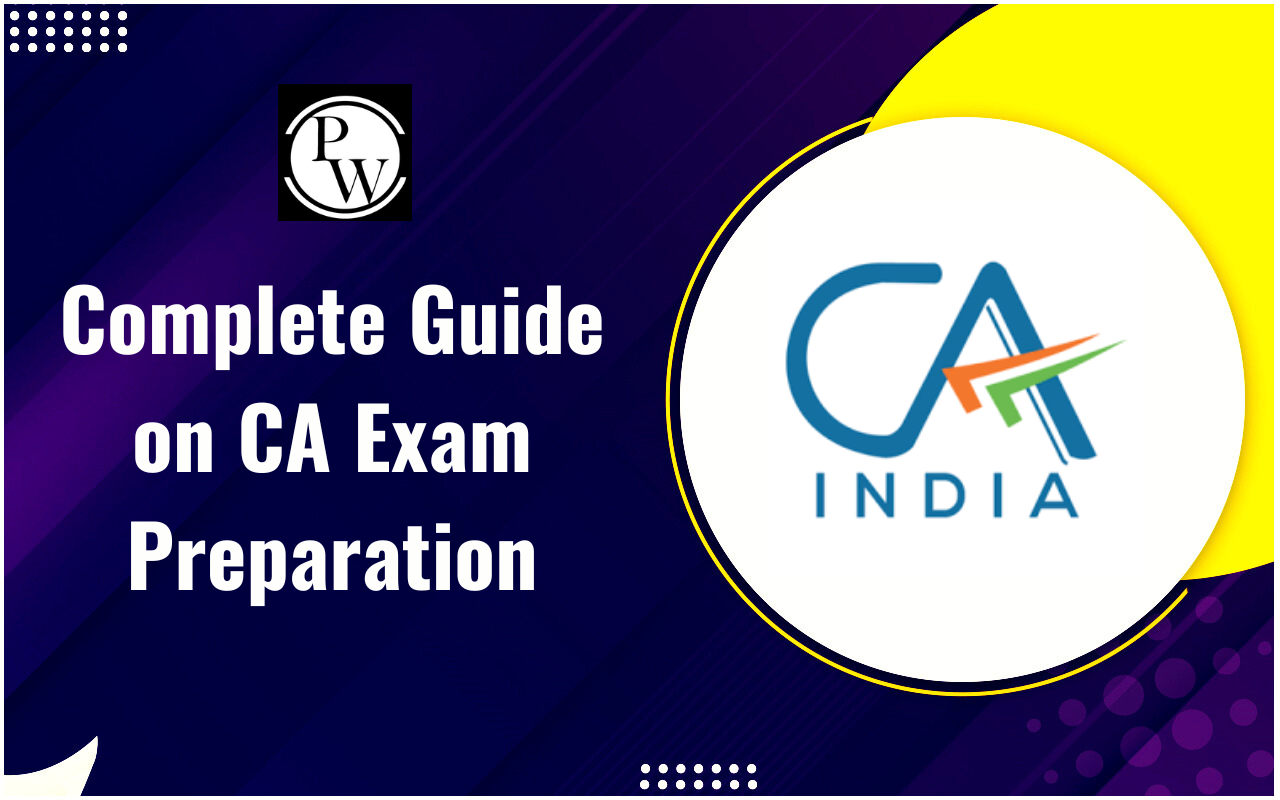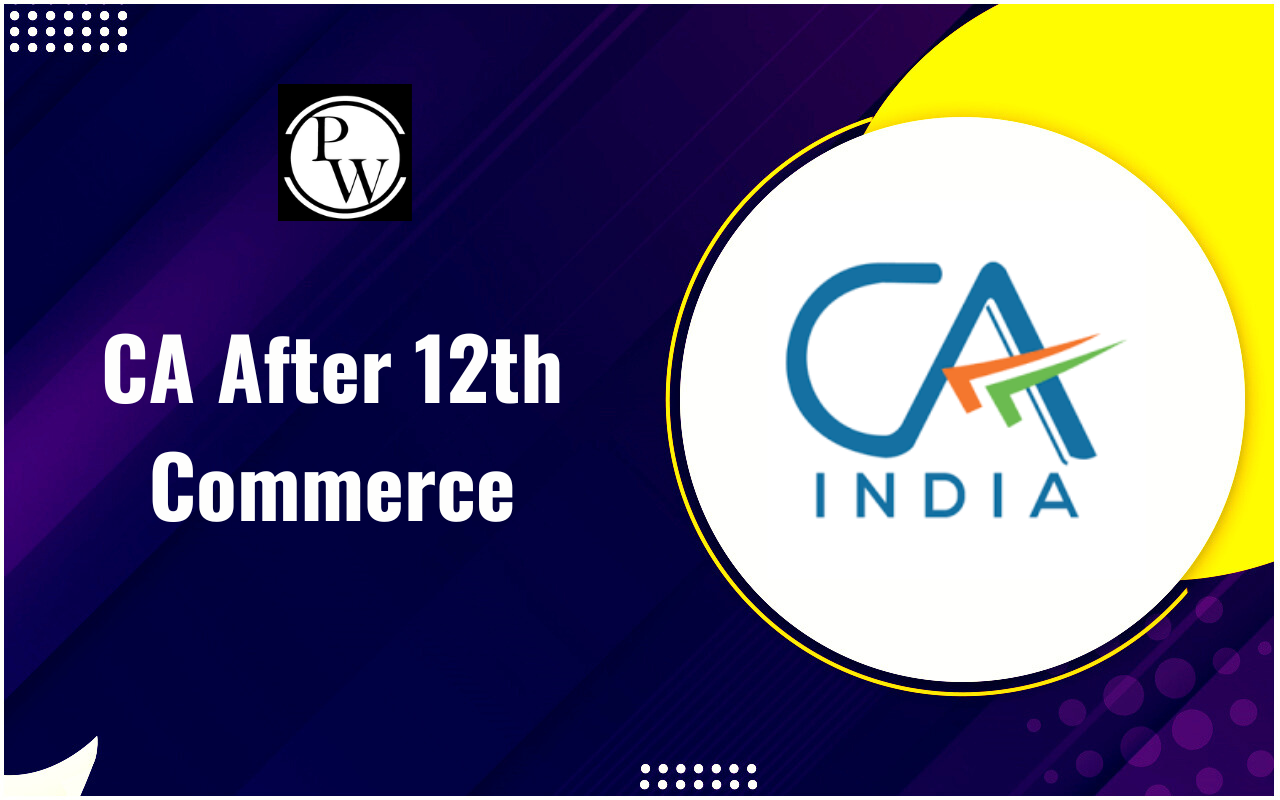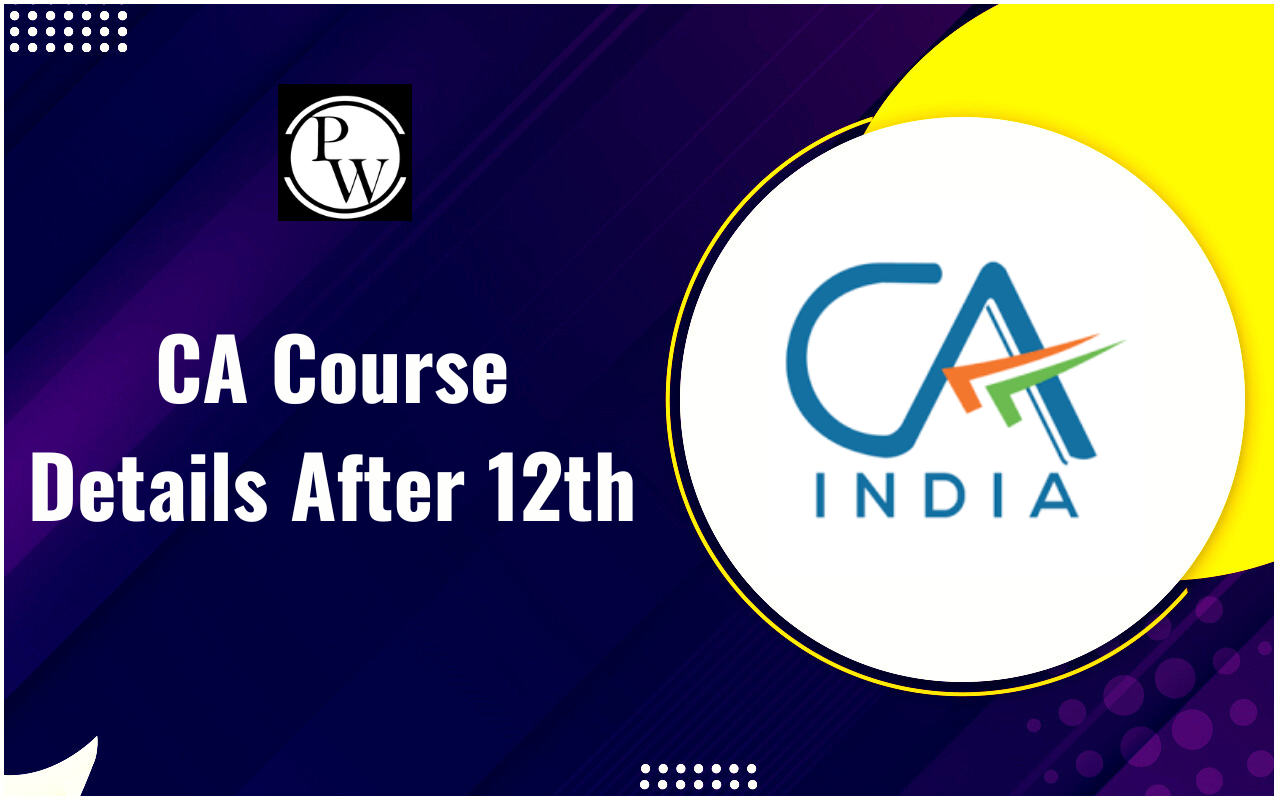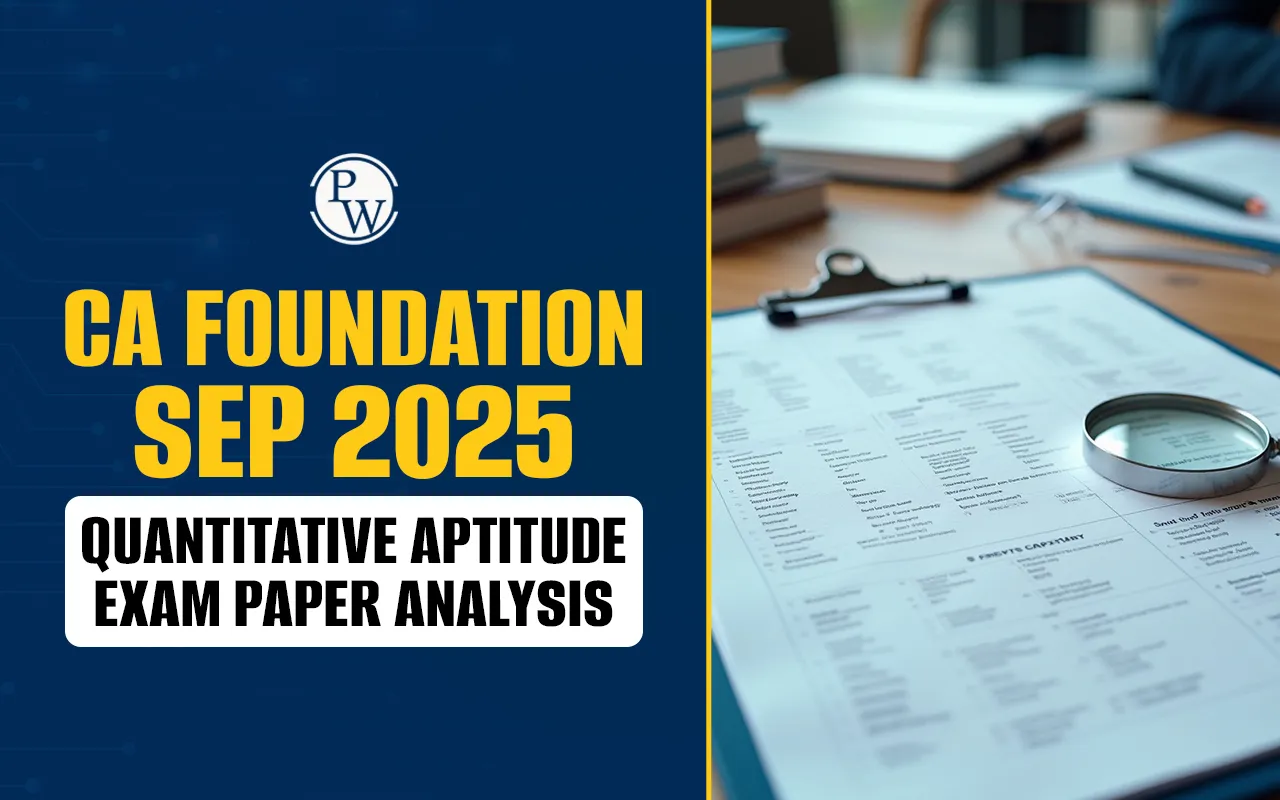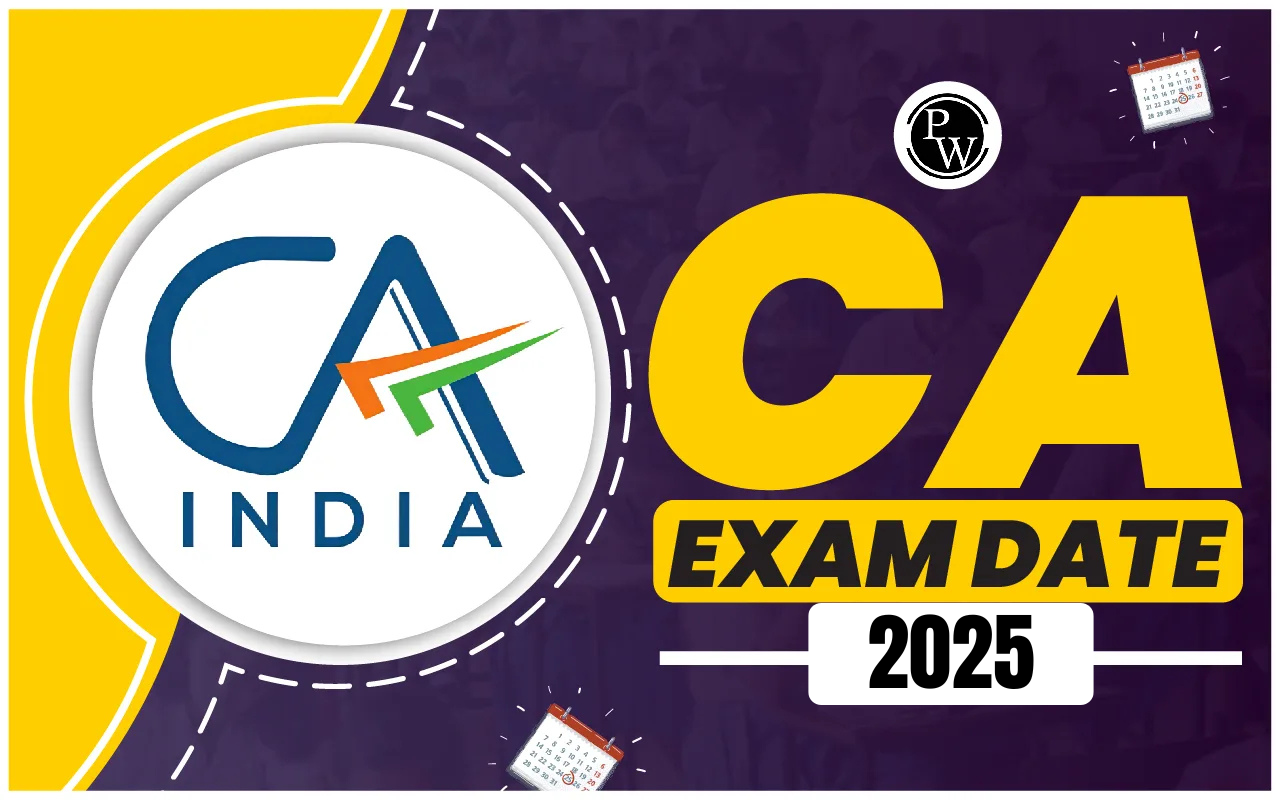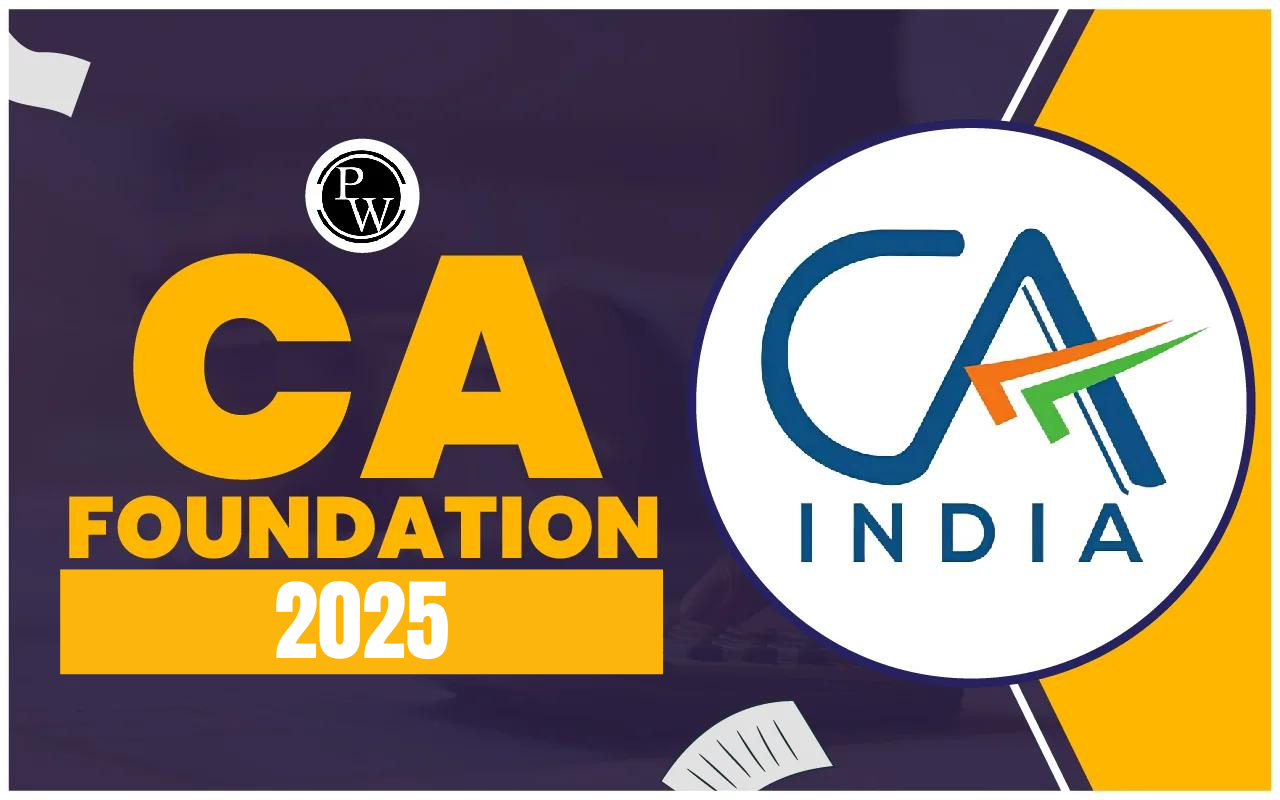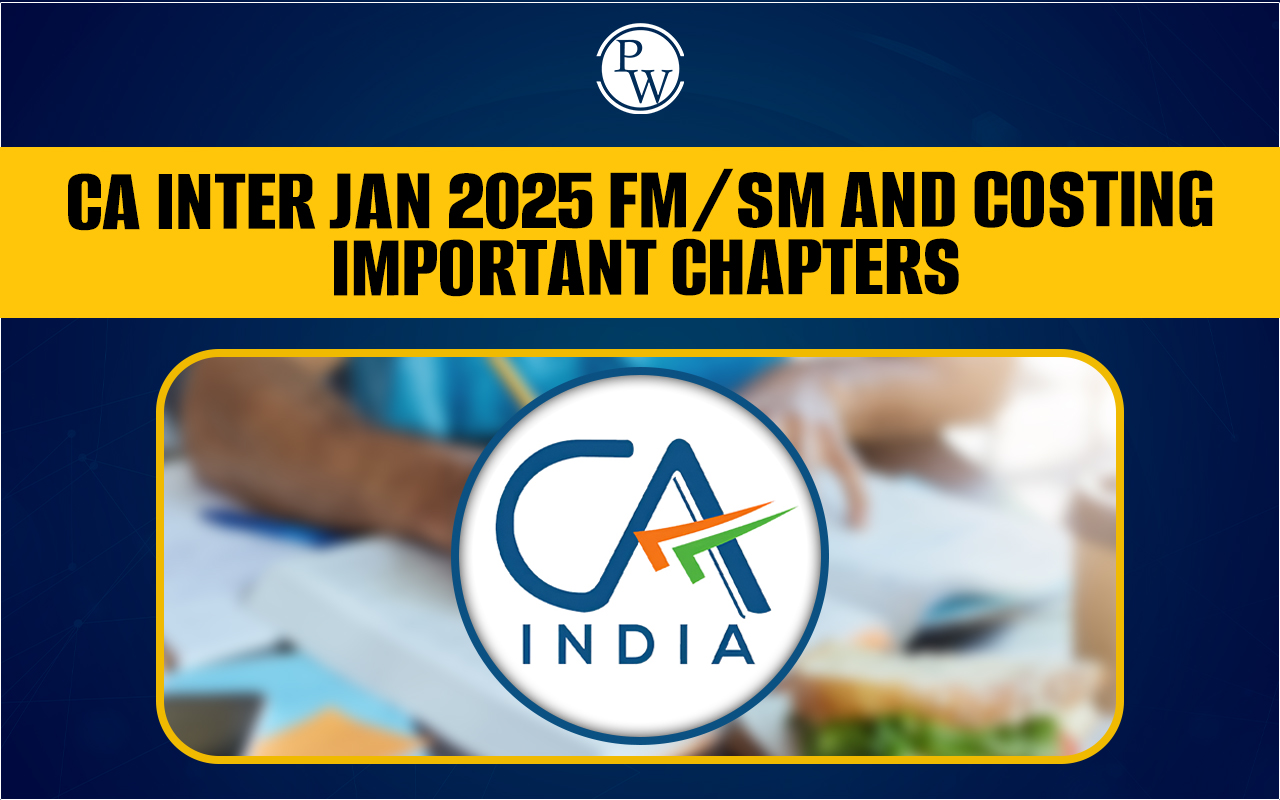

Understanding the cost concept in accounting and economics is crucial for anyone aspiring to excel in these fields. This concept is foundational, influencing decisions in business, finance, and even personal budgeting. In this article, we'll explore the intricacies of the cost concept, providing students for CA Exam with a clear and comprehensive understanding.
What Is the Cost Concept?
The cost concept in accounting and economics is a fundamental principle that forms the backbone of financial analysis and decision-making. In accounting, cost refers to the monetary value spent to acquire goods or services, which is then recorded in the books of accounts. In economics, cost is a broader term encompassing both the explicit monetary outlays and the opportunity costs of choices made. This dual perspective is vital for understanding how resources are allocated and utilized efficiently. Understanding costs is not just about numbers; it's about making informed decisions. For students, mastering this concept can open doors to numerous career opportunities in finance, business management, and beyond.Types of Costs in Accounting
The following are the types of costs in Accounting:Historical Cost
The historical cost is the original monetary value of an asset as recorded in accounting records. It is based on the actual amount paid at the time of purchase, making it a reliable and objective measure.Variable Cost
Variable costs change with the level of output. They include expenses like raw materials and labor, which vary directly with the quantity of goods produced.Fixed Cost
Fixed costs remain constant regardless of output levels. Examples include rent, salaries, and insurance. These costs must be paid even if production halts, impacting the overall cost structure of a business.Sunk Cost
Sunk costs refer to money already spent that you can't get back. These expenses are done deals, so you can't change them. Understanding sunk costs helps in making future investment decisions without being influenced by past expenditures.Opportunity Cost
While more common in economics, opportunity cost is also relevant in accounting. It represents the benefits foregone by choosing one alternative over another, crucial for strategic decision-making.| Also Check: | |
| Management Accounting | Financial Accounting |
| Auditing and Assurance | Taxation |
| Financial Management | Business Laws and Ethics |
| Social Accounting | Environmental Accounting |
Types of Costs in Economics
The following are the types of costs in Economics:Explicit Costs
Explicit costs are the direct expenses a business pays out, like wages, rent, and materials. These costs are easy to measure and are recorded in financial statements.Implicit Costs
Implicit costs are the non-monetary costs related to using resources. For example, if a company uses its own building for operations instead of renting it out, that’s an implicit cost.Marginal Cost
Marginal cost is the extra cost of producing one additional unit of a product. This cost is crucial for making pricing and production decisions.Total Cost
Total cost is the combined amount of fixed and variable costs for any production level. It gives a full view of what it costs to produce goods or services.Average Cost
Average cost is the total cost divided by the number of units produced. This helps businesses determine the cost per unit, which is important for setting prices.Also Read: Types of Audit and Their Advantages
Relevance of Cost Concept in Business Decisions
Understanding the cost concept in accounting and economics is essential for making informed business decisions. Here's how:Pricing Strategies
Knowledge of costs helps businesses set competitive and profitable prices. By analyzing variable, fixed, and marginal costs, companies can determine the optimal price point to maximize profits.Budgeting and Forecasting
Accurate cost estimation is crucial for budgeting and forecasting. It helps businesses allocate resources efficiently, plan for future expenses, and avoid financial pitfalls.Investment Decisions
Understanding opportunity costs and sunk costs is vital for making sound investment decisions. Businesses can assess the potential returns and risks associated with different investment options.Cost Control and Reduction
Identifying and analyzing various costs enable businesses to implement cost control measures. By reducing unnecessary expenses, companies can improve their profitability and competitive edge.Performance Evaluation
Cost analysis is integral to performance evaluation. It helps in assessing the efficiency of operations, identifying areas for improvement, and making strategic adjustments to enhance productivity. Mastering the cost concept in accounting and economics is essential for anyone pursuing a career in these fields. This comprehensive understanding not only aids in academic success but also paves the way for practical application in the business world. With the right guidance from PW CA Coaching, you can achieve your goals and become a proficient Chartered Accountant, ready to tackle the challenges of the financial world.| Also Check | |
| Internal Audit | Financial Modeling |
| Debt Restructuring | Value Chain Analysis |
| Cash Flow Management | External Audit |
Cost Concept In Accounting and Economics FAQs
What is the cost concept in accounting?
How does opportunity cost differ in accounting and economics?
Why are fixed costs important for business decisions?
How can understanding costs improve business performance?




